Maslenitsa is Russian Mardi Gras that lasts a whole week. Sometimes called Butter Week, Cheesefare Week, or Pancake Week, Maslenitsa is a time to eat blini, play games, and have snowball fights.
Celebrated a week before the Orthodox Lent (also called Great Lent), Maslenitsa is rooted in ancient Slavic traditions of sun worshipping. In the old days, Maslenitsa was a gateway from winter holidays to spring festivals promoting rich harvests.
From feasting to festivities, each day of Maslenitsa is devoted to a special ritual.
Maslenitsa Monday
Maslenitsa is welcomed on Monday (this year February 20th) with a sculpting of an effigy of winter. Dressed in women’s clothing, the figure will ultimately be burned to symbolize the transition from winter to spring.
Maslenitsa Tuesday
Called “zaigrysh”, Tuesday is a day of games like sleigh riding, folk festivals and puppet shows. People poured into the streets dressed in carnival costumes, and organizing impromptu concerts. Visiting neighbors for tea and treats was a welcomed tradition on game day Tuesday.
Maslenitsa Wednesday
Officially known as gourmand Wednesday, it’s finally time to feast on blinis. The wonderfully light and delicious Russian pancakes were baked throughout the day and served with sour cream, butter and home brewed beer. Neighbors welcomed each other at their homes with tables full of food. Vendor tents sprung up selling everything from hot honey drinks called sbiten, to nuts, traditional Russian gingerbreads and gourmet teas served from real samovars.
Maslenitsa Thursday
The fourth day of Maslenitsa is devoted to outdoor fun and is considered the climax of games and activities. In the old days, it was the day of snowball fights and fistfights.
Maslenitsa Friday
During Maslenitsa, Friday is reserved for family and food. It’s when sons-in-law invite their mothers-in-law over for freshly baked blini. Not inviting a mother-in-law was considered a huge dishonor and was even reason for life long enmity. So, lest a son-in-law was ready to make an enemy for life, he took to tradition and baked those blinis, whipped that butter and served it to his mother-in-law with a dollop of sour cream and a smile.
Maslenitsa Saturday
Much like Friday, Saturdays were family days. It was a particularly special day for newlyweds who were encouraged to show their affection in public.
Maslenitsa Sunday
The last day of Maslenitsa is a day of forgiveness. People literally asked each other for forgiveness for grievances and wrong-doings throughout the year. It’s also a day to bid farewell to winter with a ritual burning of the effigy build earlier in the week. Throwing remnants of blinis at the burning woman symbolized the spiritual preparation for Lent.
Officially, Maslenitsa ended on the first day of Lent — also known as “clean Monday”. Taking baths, washing dishes and clothes symbolized purification from sin and forbidden foods in the physical and spiritual realm.
Happy Maslenitsa!!
Maslenitsa Special Offer
We’re celebrating this Winter Holiday with a special offer on blinis, caviar, preserves, honey and jams.
Use coupon code: MSC17 to save 15% on your next order. Deal expires March 1, 2017.
And as a bonus, here’s an authentic Russian blini recipe.


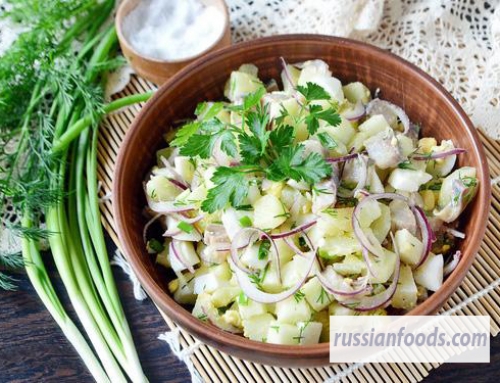
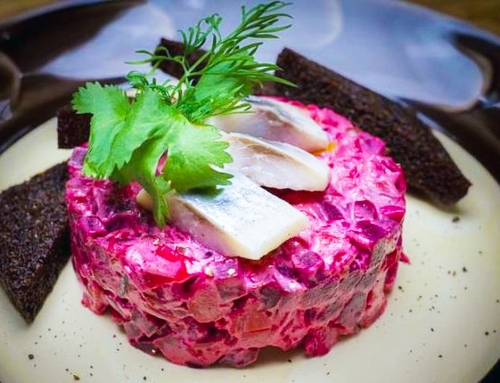
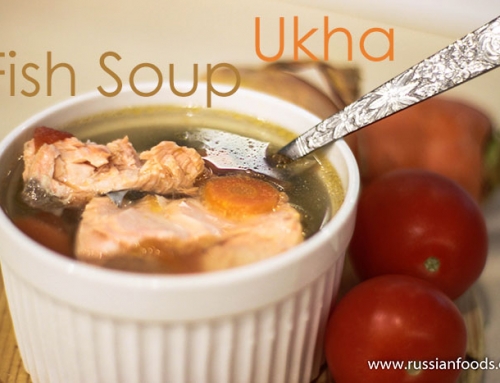
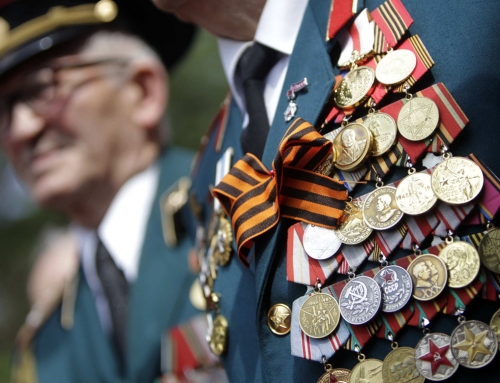
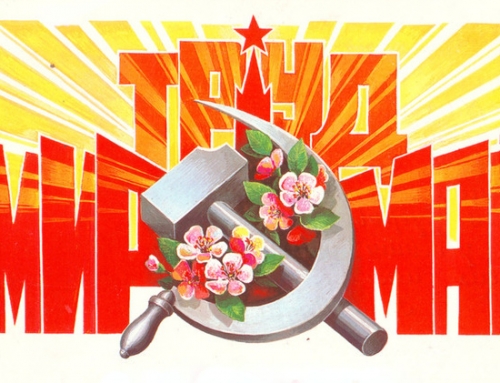
Leave A Comment